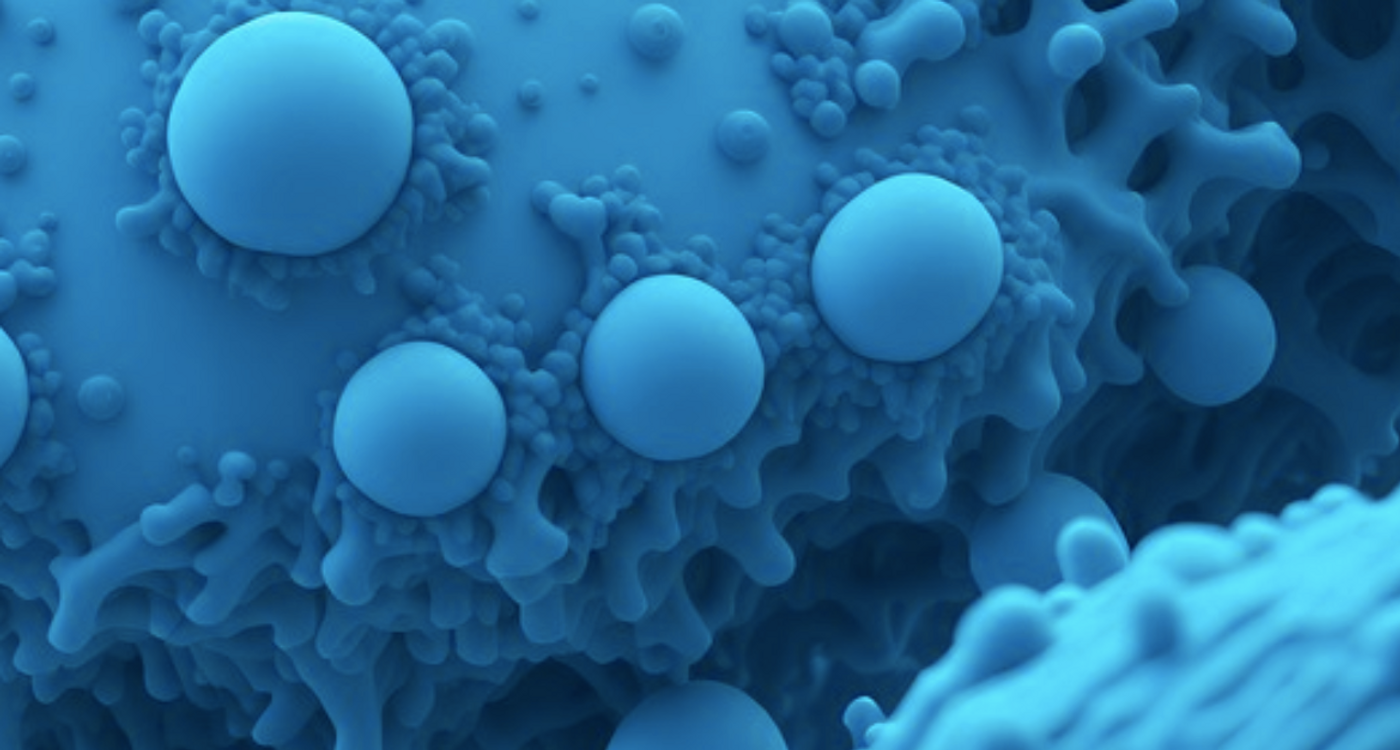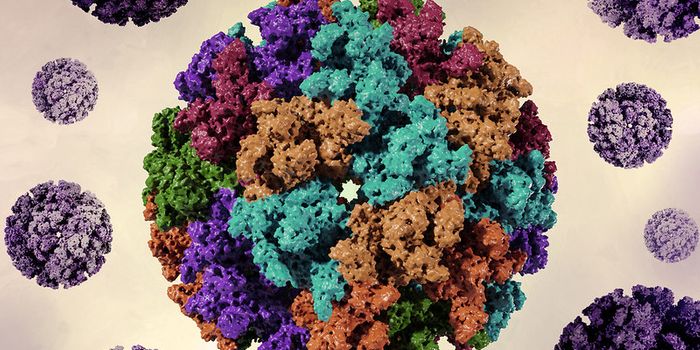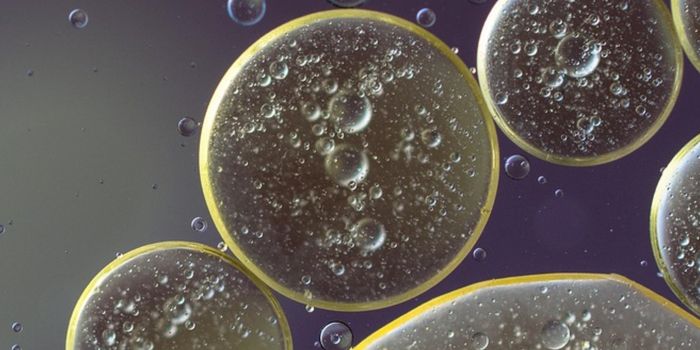A Gut Microbe That Affects Cholesterol Production
The microbe Akkermansia muciniphila is found in many animals and is a common part of the human gut microbiome; three to five percent of all the microbes found in human stool are A. muciniphila. This bacterium has been found to degrade mucin, a major component of mucus. This can pose a problem for people who are receiving chemotherapy. Higher levels of A. muciniphila have also been linked to an increase in symptoms of nausea during pregnancy. But this microbe may have many important and beneficial impacts too; it has also been connected to a lower risk of metabolic disease, and abnormal levels of the microbe have been associated with immune dysfunction, neurological disease, and other disorders.
There is still a lot to learn about A muciniphila, such as what its genes do. About one-third of its genome encodes for proteins with unknown functions. Scientists have now used molecular techniques to reveal the genes in A. muciniphila that might be related to its growth in the gut, how it uses mucin, and how is related to the production of cholesterol. The findings have been reported in Nature Microbiology.
The proteins of A. muciniphila don't have many things in common with other microbial proteins, so it is difficult to use comparisons to infer their functions. In this study, the researchers systematically changed certain parts of the genetic code, selectively disabling bits to see how that affected the cell, and to learn about what these portions of the genome were doing.
A. muciniphila loves to consume mucins, which are big, sugary proteins that are good at forming gels and are a major part of mucus. They are also the primary part of the mucus lining the intestine. This study determined that while the microbe generates 60 or more enzymes that degrade intestinal mucus, only a few are needed to break down intestinal mucins. Thus, even if one or many of those genes cease working, the bacterium can still eat mucus to live.
As A. muciniphila degrades mucus, the degradation products build up in compartments inside of the microbe. The mechanism behind this process uses bacterial genes that encode for pili and a periplasmic protein complex, or the so-called mucin utilization locus (MUL) genes.
In a germ-free mouse model, A. muciniphila used various sources of nutrients in the gut, and bypassed the typical MUL system. In this model, the bacterial MUL genes decreased the activity of human genes that are required for cholesterol biosynthesis in the colon.
A. muciniphila seems to have multiple ways of surviving in the microbiome. It could also lower cholesterol in some cases, though more research will be needed to learn how it can be used.
Source: Nature Microbiology









